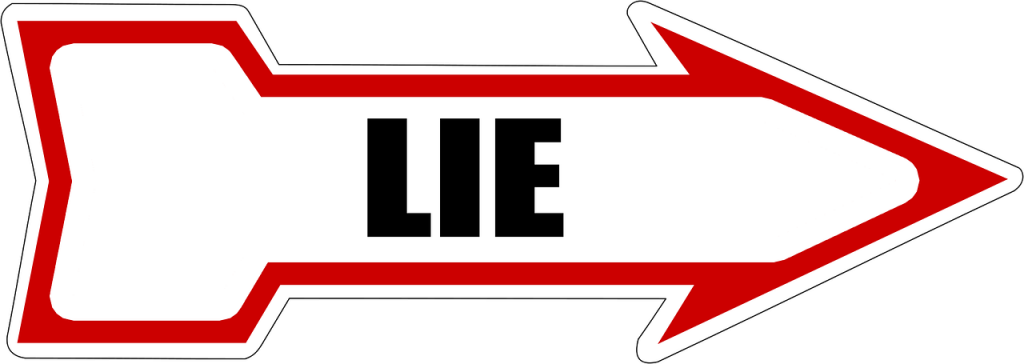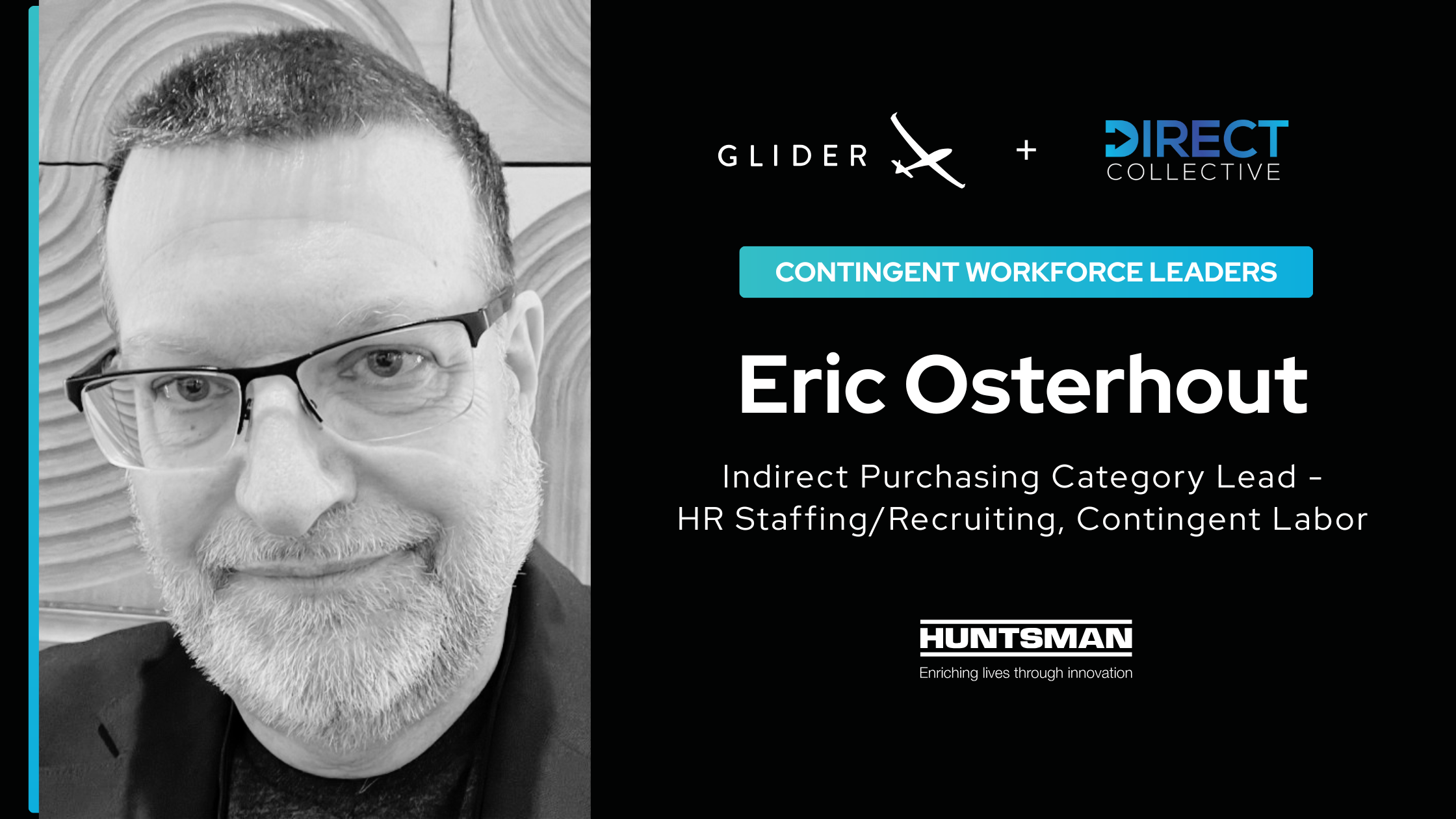
Make talent quality your leading analytic with skills-based hiring solution.

Adding video interviews to your recruitment process brings in a lot of benefits. Because technical interviews are not like any other, candidates have a lot of ground to cover. It also needs to encounter all sorts of fun and engaging questions. Your impression of how working in the IT industry looks may be quite different than it is in reality.
This is why we are here to help you with a mini technical interview guide of sorts. Since there are many guides to teach you what to do and how to behave, let us approach this topic differently. How to Emphasize Your Technical Skills on the Resume? Let us help you do that on your next tech interview.
Keep reading and we will give you 5 things you shouldn’t ever do in an interview.
When it comes to including tech skills for a resume, never look at it as a show-off. Remember, it is important to include all your certificates as they will help the interviewer custom-tailor the questions for you.
But before you go all out, remember to check the job requirements and the skills required. When you are listing your tech skills, make sure to put the most relevant ones at the top of the list.
Ultimately, the more you have, the better. It sends a clear message about how enthusiastic you are about your profession. So, what is a big no-no here? Often, job candidates like to overemphasize some of their skills forgetting that the company they want to work for doesn’t care.
In reality, you are about to join them to serve their needs, not the other way around. Hence, you are more than your skills. So, the point is not to get frustrated if the interviewer treats your skills as not so uncommon.

Maybe you are different from the majority of IT specialists. What you should know is that the majority of people in this sector are not as strong in communication as in the tech department. Maybe the mathematical mind is the reason for this, but it doesn’t matter. The result of this can harm your chances of getting the job.
Well, how does this reflect on the interview? It reflects in responding to questions with simple yeses and nos. For instance, “Do you have previous experience working with ‘a relevant technology’?” is not a yes or no question. If you do, you are expected to say how you learned about it, where you’ve used it, and what you like or dislike about it. If not, then you should disclose which similar tech you used and what is your experience with it. Don’t fail to elaborate! By doing so, you will tell them that communication is not your weak spot and that you are suitable for working in team environments where communication plays a vital role.
When it comes to technical interview dos and don’ts, one of the big don’ts is connected to the use of your smartphone. This applies to both video and person-to-person interviews. There are several reasons for this. First, the interviewer may conclude that you have bad manners and that you don’t respect the opportunity in front of you.
Then, if it is a video interview, the interviewer can conclude that you are using your phone to Google the answers to some of the questions. In any case, your phone should be in DnD mode and your pocket/purse during the interview. Let us stress this one more time – Don’t use your smartphone during a tech interview!

Tech job interviewers have a hard job. They have to assess whether a job candidate is suitable for a job position in a limited time frame. Many candidates see this as an opportunity to wiggle through the interview with deception and lies. But what they fail to see is that, even if they succeed to con the interviewer, their first day on the job will cast all the lies away and expose the truth about their proficiencies.
Honesty and inquisitiveness are great traits both interviewers and managers hold dear. This is why you shouldn’t lie during an interview. Instead, when facing a question, you don’t know the answer to, ask the interviewers to elaborate to make sure that you have no clue about what the answer might be. Admit that you don’t know and ask them if they are willing to shed some light on it. There you go, you just showed them that you are both inquisitive and honest!
One of the most important things to show during the technical interview is your interest in the company you want to work in. There are plenty of opportunities to express this during the interview but they can often be subtle. This is why you should pursue the one opportunity that is forthright. And that is the question “Do you have any questions?”. This is a perfect time for you to show the interviewer that you are very interested in the job on the table.
Ask them questions about their company, their competitors, what is their strategy to address the specific issues, and so on. You get the idea. This means that you have come prepared for the interview, that you have researched the background, and that you are interested in the wellbeing of their company. Let’s sum it up. If you want to nail your next tech interview:
Well, the buck stops here. This concludes our technical interview guide. We wish you all the best during your next interview.

AI-Powered Total Talent Management for Contingent Worker Success With over a decade of experience managing global contingent worker programs, Natalie Javid brings a wealth of knowledge from her work at tech giants like ServiceNow, Airbnb, and her current role as Head of Global Contingent Workforce at Snowflake. Speaking at ProcureCon 2025, Natalie shared insights on […]

Revolutionizing Future Trends with AI in Contingent Workforce Management The Human Touch in an AI-Driven Industry Eric Osterhout brings almost two decades of experience to the contingent workforce management space, currently serving as a Program Leader and Buyer for Contingent Labour at Huntsman Corp. With 17 years on the buyer side and 10 years previously […]

How AI Will Reshape Contingent Workforce Management by 2030 Meet Chris Farmer – Global Head of Contingent Workforce Strategy As the Global Head of Contingent Workforce Strategy and Strategic Sourcing at Salesforce, Chris Farmer leads one of the most complex and forward-thinking CW programs in the industry. Chris has spent over five years at Salesforce, […]